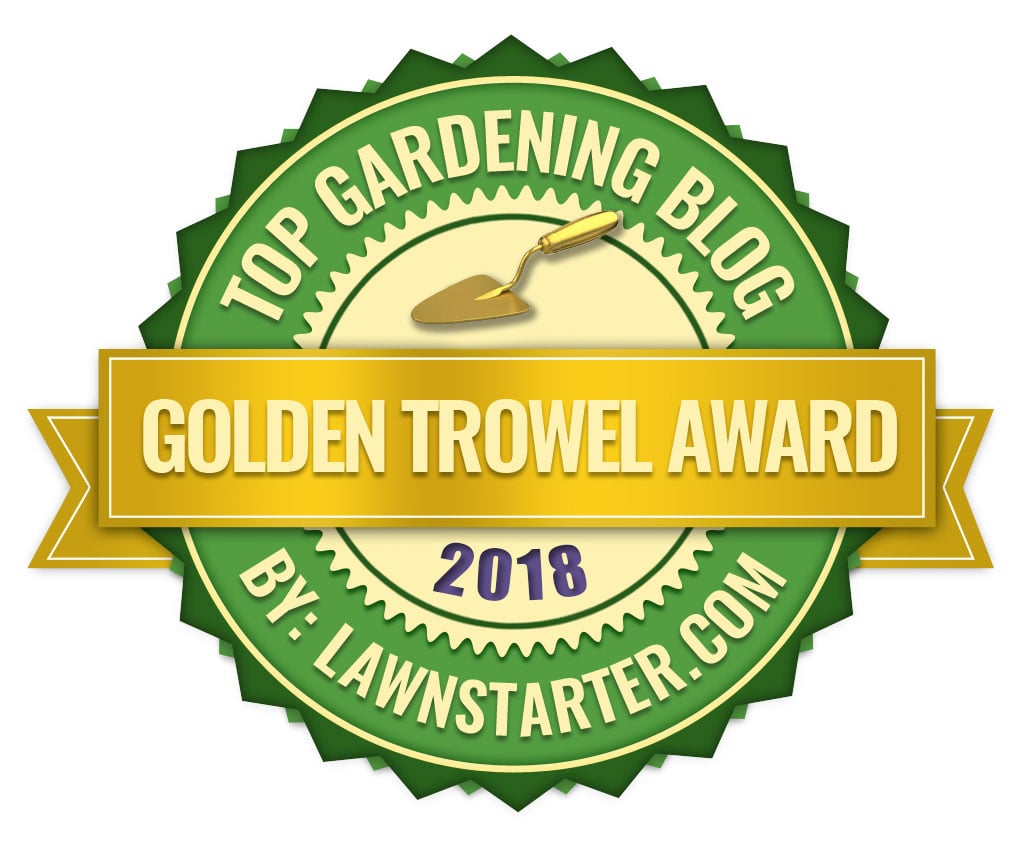Should your plants be going to Over Eaters Anonymous? I know, there are people that tell me MINE should be going. There are reasons why the package directions are what they are. Just like overeating is not good for us, it's bad for plants.
One reason is of course, economics. You don't want to be spending more on feeding them than you need to. Waste not is to want not, isn't that the old saying our grandparents always said?
The next reason is salt accumulation. Many, if not most, of the chemical fertilizers today have salt content. Over time, they can rise to dangerous levels and can kill your plant. Organic fertilizers tend not to have this problem.
Another reason might be, over leafy plants. Fertilizers, especially when used in excess, may cause the plant to produce more leaves and foliage. This is important to know if you are growing say, Tomatoes. You want fruit, not leaves. Yes, the plant will look beautiful, but a beautiful plant doesn't help that BLT very much does it?
Probably the biggest reason not to over feed your plants is, over fertilization can cause plants to grow too quickly, leaving them more susceptible to disease and insects. I was reading an article in the American Vegetable Grower about just this subject. Research indicates that plants can’t grow quickly and defend themselves against insects at the same time.
The scientists wanted to determine the relationship among plant growth, how plants defend themselves against plant eaters (herbivores), and the protection plants receive from predators such as ladybugs that eat plant hungry insects.
Can plants have it all? Can they grow quickly and defend themselves against herbivores while at the same time solicit protection from ladybugs and other bodyguards? The answer is no. Remember, that new flush of growth is much more tender and tasty to a sap sucking insect.
In other words, you can be either a hard to eat, slow growing plant that doesn’t need bodyguards, or a tasty, fast growing plant that relies on outside protection.
“We can breed plants for fast growth, but if we do that, it appears we’re weakening the plants’ immunity against herbivores, making them more dependent upon protection from potentially unreliable predators,” says Kailen Mooney, assistant professor of ecology and evolutionary biology at University of California, Irvine.
She also said, "Natural selection favors faster-growing plants and those that easily fight off insects”. “If nature hasn’t found a way to combine both, perhaps it’s something that cannot be done.”
So by overfeeding your plants, you are producing more tender foliage. That foliage is just a huge neon sign that says "Hot Donuts Now" to any of those sap sucking insects.
Make sure you follow the package directions. If in doubt, it is always better to slightly underfeed your plant than to overfeed. I always heard, It is better to leave the table still a little hungry, than to gorge yourself into oblivion, or something like that!
Happy Growing!
Darren
Subscribe to:
Post Comments (Atom)








Yeah, overfeedings bad for the winter cold too. I like the "hot donuts now" analogy.
ReplyDeleteGood point, Darren. We all need to be reminded of the benefits of proper eating habits. I like that you mention the disease prevention part...fast growth is not always the best. We're spoiled because we want a lush plant NOW. Patience!!!!
ReplyDelete